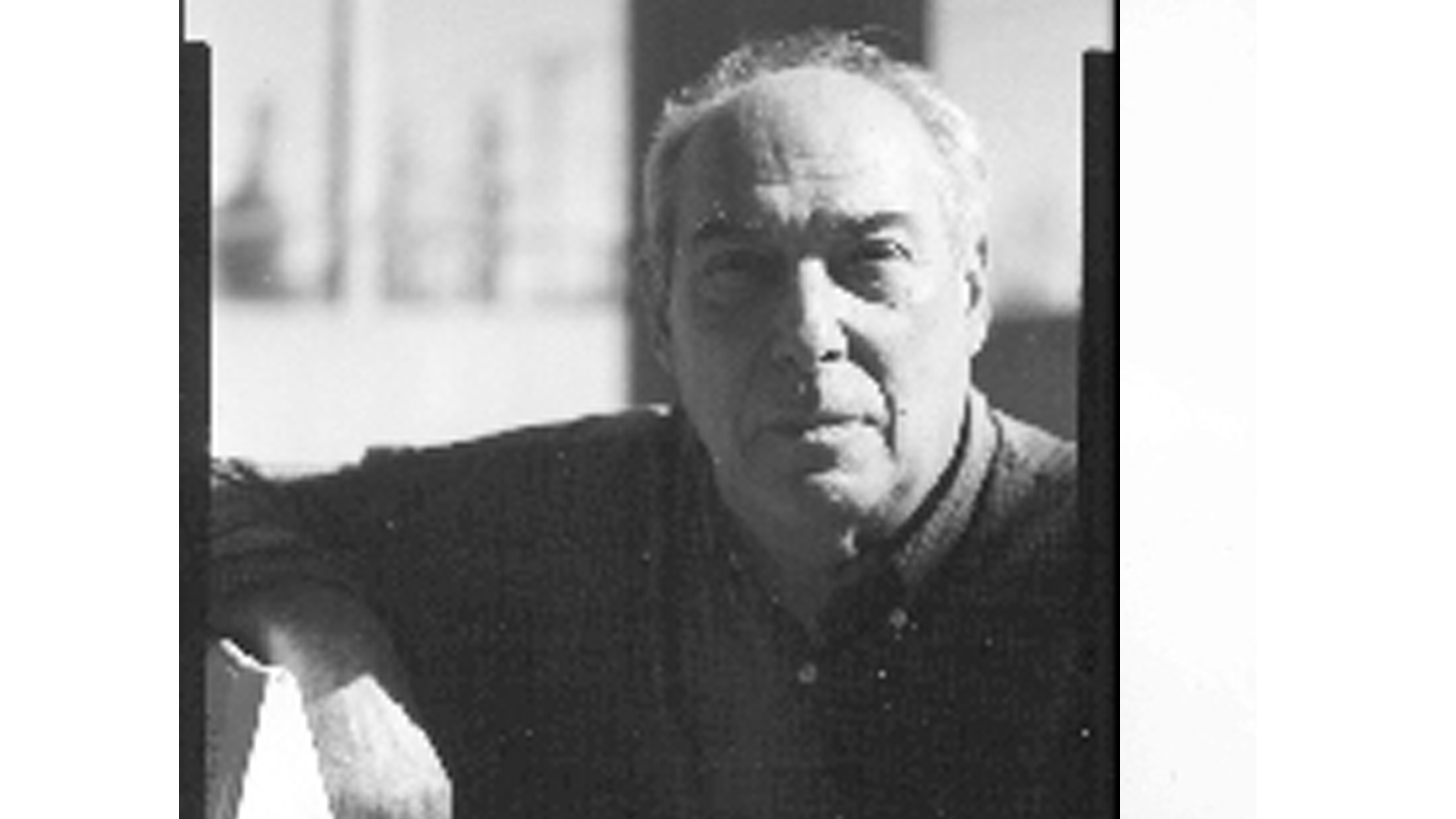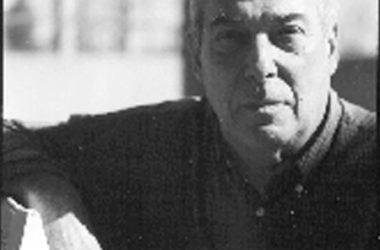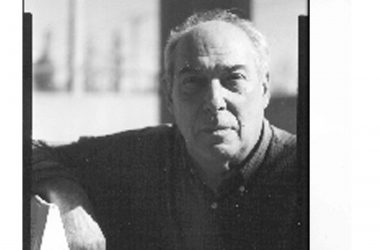Staughton Lynd has written valuable books and articles on history. He has been active in revolutionary politics for over sixty years. We met in Chicago around 1967, worked closely for a while, parted politically and were antagonists and out of touch for over three decades. In the last few years we have become friendly again. His talk in Toledo is his attempt to pass on to the next generation what he thinks are the most important lessons of the recent past. It deserves to be taken seriously. From Staughton’s talk:
I
have a particular concern about the impending confrontation in Chicago
in May between the forces of Occupy and capitalist globalization. My
fears are rooted in a history that may seem to many of you irrelevant.
If so, stroke my fevered brow and assure me that you have no intention
of letting Occupy crash and burn in the way that both the Student
Nonviolent Coordinating Committee (SNCC) and Students for a Democratic
Society (SDS) did at the end of the Sixties.
Here, in brief, is the history that I pray we will not repeat.
In August of 1964, rank-and-file African Americans in the Mississippi Freedom Democratic Party (MFDP), staff of SNCC, and many summer volunteers, traveled to the convention of the national Democratic Party in Atlantic City to demand that the inter-racial delegates of the MFDP should be seated in place of the all-white delegates from the “regular,” segregationist Mississippi Democrats. It was an apocalyptic moment, made especially riveting by the televised testimony of Fannie Lou Hamer.
But politically speaking, many who made the trip from the Deep South never found their way back there. A variety of causes were at work but one was that it seemed tedious to return from the mountaintop experience up North to the apparently more humdrum day-to-day movement work in Mississippi. The so-called Congressional Challenge that followed the traumatic events in Atlantic City caused many activists to continue to spend time away from local communities in which they had been living and working.
Staughton reviews several events, from before 1968 and from 1999, and continues:
This brings me to the forthcoming confrontation in Chicago in May. My wife Alice and I were living in Chicago in 1968. I was arrested and briefly jailed. Although many in the Movement considered the Chicago events to be a great victory, I believe it is the consensus of historians that the national perception of what happened in Chicago contributed to Nixon’s victory in the November 1968 election. More important, as some of us foresaw, these predominantly Northern activists, like their SNCC predecessors, appeared to have great difficulty in picking up again the slow work of “accompanying” in local communities. [I have inserted several commas in the text, which I believe are needed for clarity. I am guessing they were lost in transcription-ni]
That is the end of the excerpt from Staughton. The entire talk can be found at http://www.zcommunications.org/a-letter-to-other-occupiers-by-staughton-lynd. My comments follow:
I see the history differently. The first point (not immediately important to this discussion) has to do with the aftermath of the 1964 challenge to the Democratic Party: While it is true that most of the summer volunteers who went to Atlantic City in August did not return to Mississippi, they were never intended to; they had done their job, which was to focus national attention on the situation there, and now it was time to move on to other things. The Berkeley Free Speech Movement (fall 1964) was a direct outgrowth of the efforts of returning volunteers, as were many early efforts at “community organizing” in northern cities. There were many political problems with what they did, but by and large they did not abandon daily work for spectacles.
My most important difference with Staughton has to do with events in 1968 and the conclusions he draws from them. In preparation for the Democratic Party Convention, which was to be held in Chicago, some prominent movement personalities, of whom the best known were Tom Hayden, Rennie Davis and the yippee Jerry Rubin, put out a call for people from all over the country to come to Chicago to protest. Local Chicago activists (or “organizers,” as they were then called) held meetings to discuss what they thought. Staughton and I attended the meetings, and opposed the plan for a national demonstration. A number of other local activists shared our view. In his Toledo talk Staughton says that his concern at the time was that many of those who came to Chicago would have difficulty afterwards picking up the slow work in local communities. (I do not think it would be a distortion to describe what Staughton advocated as “basebuilding”; in this he has been consistent for forty years, first in the Calumet Region of Illinois-Indiana and later in Youngstown, Ohio.) I do not recall Staughton’s advancing that argument at the time; as I recall, he (and I) opposed the demonstration on other grounds, that it would divert resources away from local efforts, regardless of what happened after. Perhaps I misremember.
Looking back, I think I was mistaken: the events were on the whole a success: they focused global attention on the conflict (“the whole world is watching”), exposed the farce of the two-party system and the judicial process (the Chicago 8 Trial and the spectacle of Bobby Seale being gagged and bound to a chair in court), opened up wide rifts in society (Thomas Foran, the chief prosecutor at the trial, said, “We have lost our kids to the freaking fag revolution”), and came within a hair’s breadth of breaking up the Democratic Party, then (and now) the chief obstacle to the emergence of a Freedom and Peace Party, which would have been an alternative on the terrain of bourgeois politics to the Demopublican Party that continues to define U.S. electoral politics. The demonstration made itself felt even on the floor of the Convention. No one who was there will forget the scene of redfaced Mayor Daley screaming obscenities (shown on TV and captured by lipreaders) at Senator Abraham Ribicoff, who had criticized the behavior of the Chicago police.
Staughton cites the election of Nixon in 1968 as evidence that the demonstration was misconceived. That argument, to me, is the most distressing aspect of his talk. Let me elaborate.
He refers to Lincoln’s Second Inaugural Address. I quote Lincoln’s words in full:
Fondly do we hope, fervently do we pray, that this mighty scourge of war may speedily pass away. Yet, if God wills that it continue until all the wealth piled by the bondsman’s two hundred and fifty years of unrequited toil shall be sunk, and until every drop of blood drawn with the lash shall be paid by another drawn with the sword, as was said three thousand years ago, so still it must be said “the judgments of the Lord are true and righteous altogether.”
That is the most revolutionary statement I have ever read. Lincoln is saying, in the moving tones of the Hebrew prophets, that in order to build a new world it is necessary to destroy what exists. To me, that is the heart and soul of a revolutionary outlook. That spirit is what led the heroes of Saint Domingue to destroy the island in the war against slavery (beginning with the general, Christophe, who set the example by putting the torch to his own home). It is what led the black masses to rise up and burn a hundred U.S. cities in 1967-68 in spite of the complaint of liberals that they were “burning their own neighborhoods.” By their actions they were saying, first, that they did not own the neighborhoods and, second, that it was necessary to destroy what exists in order to build something new.
Back to 1968: Nixon’s election was a small price to pay for the good things that came out of the demonstration. Besides, there is no way of knowing whether he was any worse than Humphrey would have been. That is always a problem with “lesser-evil” politics.
Having said the above, I note that 2012 is not 1968. There are several differences: (1) The physical target of the 1968 demonstration was the Conrad Hilton Hotel in the heart of downtown Chicago adjacent to Grant Park where the demonstrators gathered. The 2012 meeting will be held at McCormick Place, between the Lake and the Outer Drive, not adjacent to any population center. The police may find it easy to isolate the demonstrators in a big pen where they will be “free” to shake their fists and vent their rage. (2) The cops cracked a lot of heads in 1968 and violated a lot of people’s “civil rights” (my home was invaded by a squad of police looking for weapons), but no one did any real jail time. New laws are in place today.
While this is not the place to discuss tactics, I urge people to think back to an incident from history, the Irish Easter Rebellion of 1916. Headed by the nationalist Padraic Pearse and the revolutionary socialist James Connolly, a band of armed Irish seized the General Post Office in downtown Dublin and proclaimed the Irish Republic. (Their Proclamation is one of the most moving documents I have ever read; it is easily found on line.) They were quickly subdued militarily, and the leaders were executed by firing squad. The rising and the outcry at their execution sparked the next phase in the Irish struggle for independence, which led to the rotten partition of Ireland and the 1919-21 civil war among the Irish (what people can look forward to if the U.S. succeeds in forcing a “two-state solution” in Palestine). Please indulge an old man his perhaps off-the-point references.
Lenin called the Irish revolutionaries heroes and said their tragedy was that they rose up “too soon,” before the European crisis had matured. It is hard to say; history has yet to render a final verdict (nor on John Brown’s raid at Harpers’ Ferry). But consider this: suppose the Irish revolutionaries, instead of seizing the post office in downtown Dublin, a place of symbolic value but no strategic importance, had launched an insurrection in a working-class neighborhood. Sean O’Casey, in one of his plays (I think “The Plough and the Stars”) depicts poor Dubliners, largely uninterested in the events taking place at the post office, using the occasion to loot stores in their own neighborhood miles away. I think his depiction suggests other possibilities.
‘Nuff said for now.



